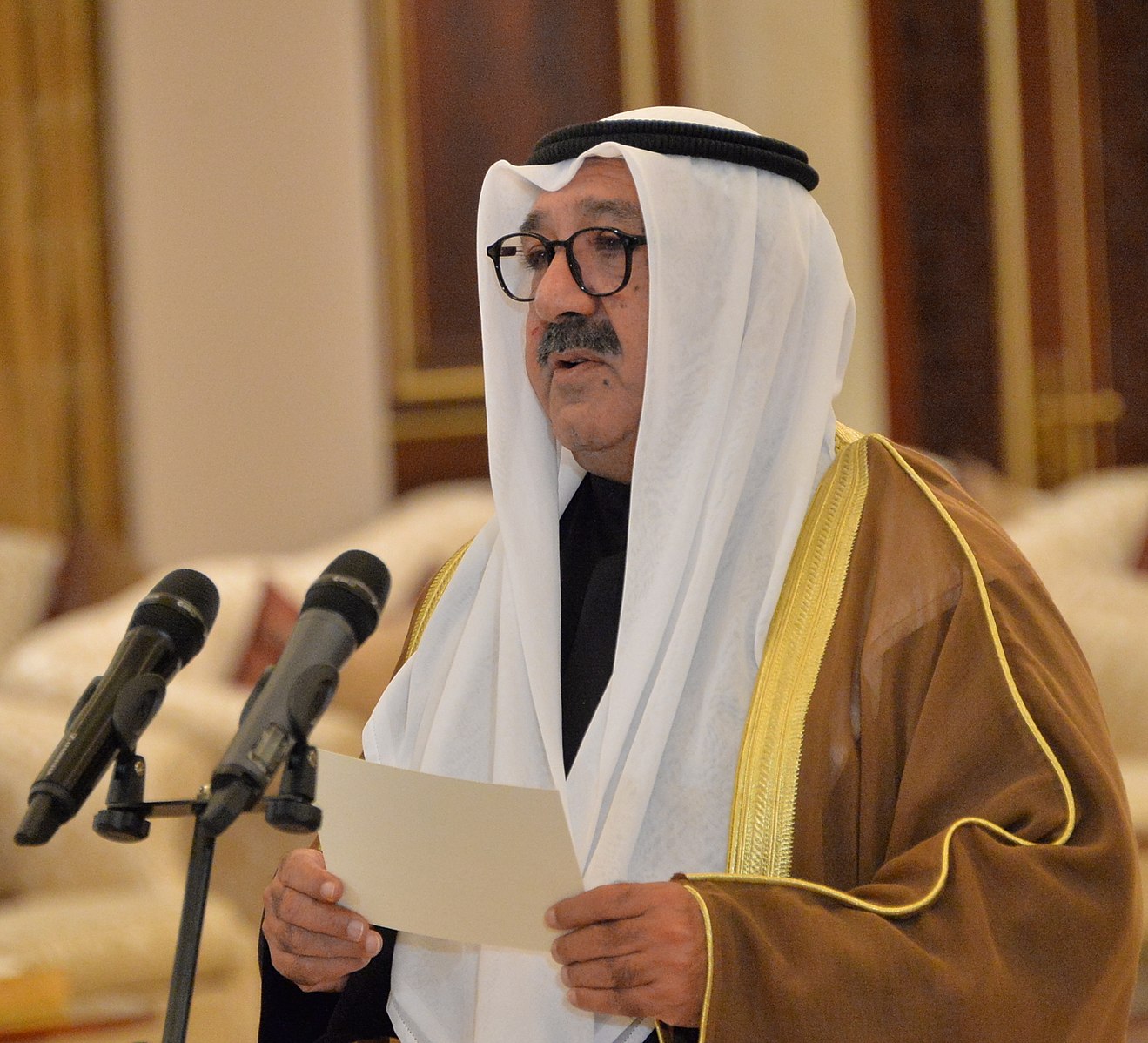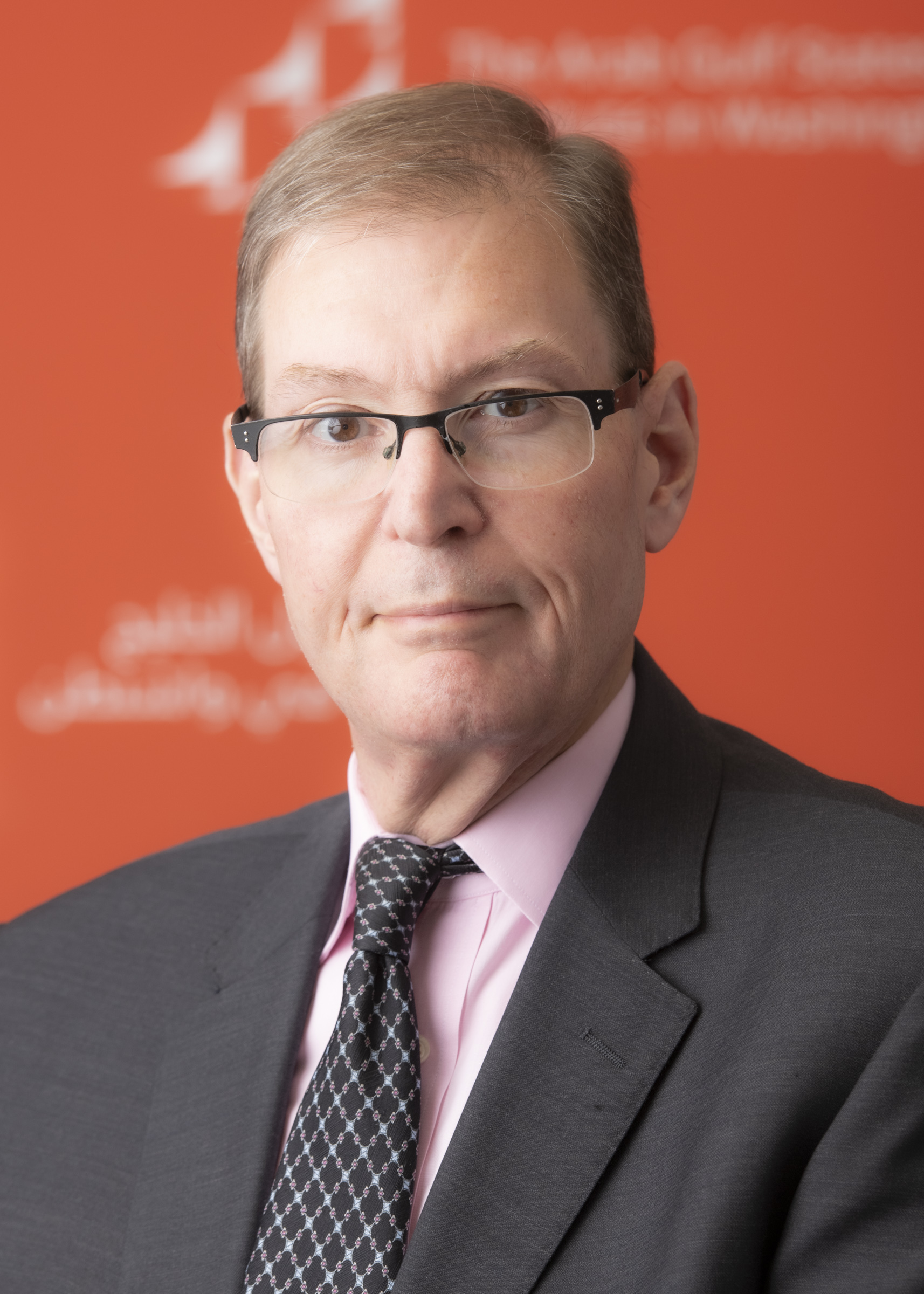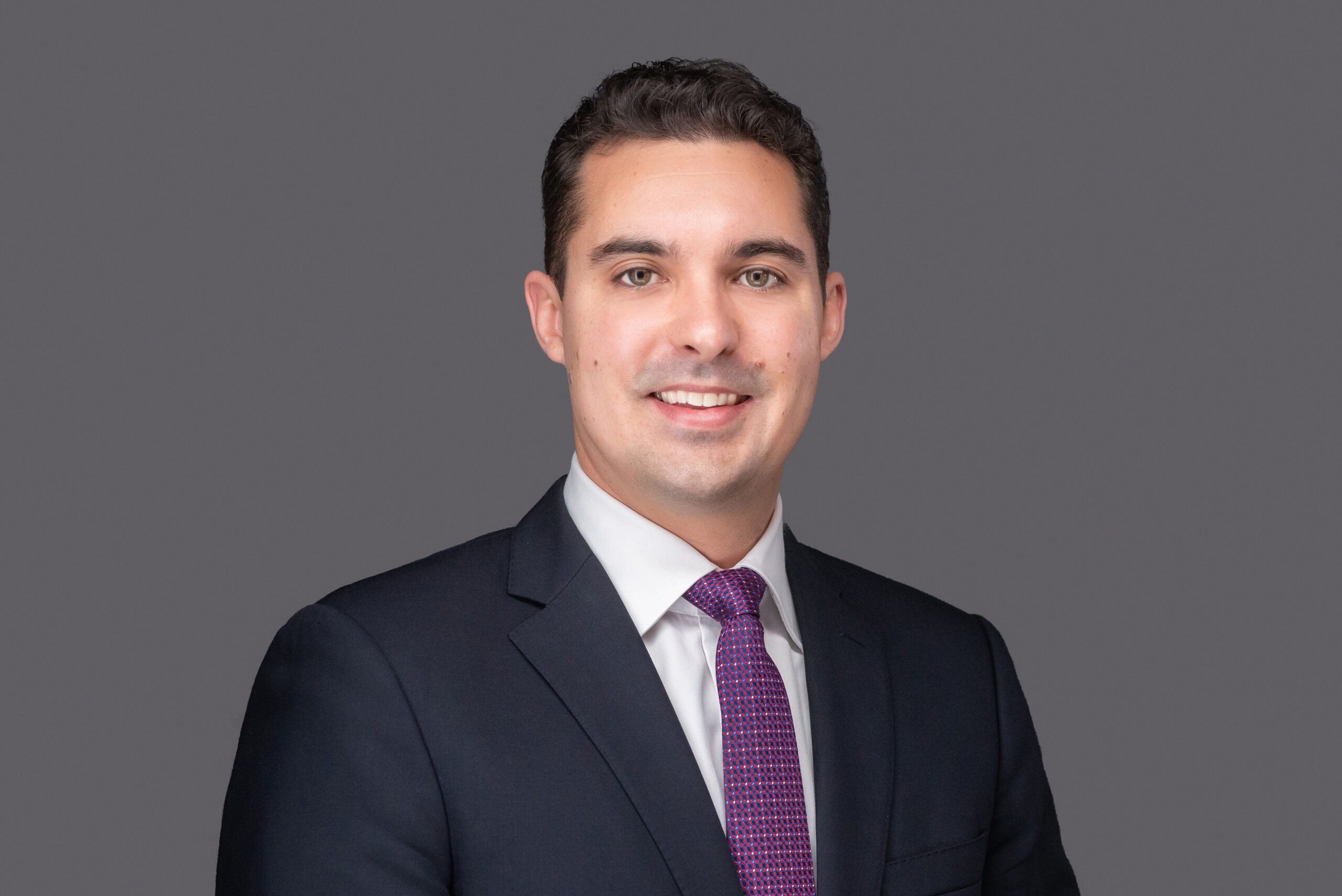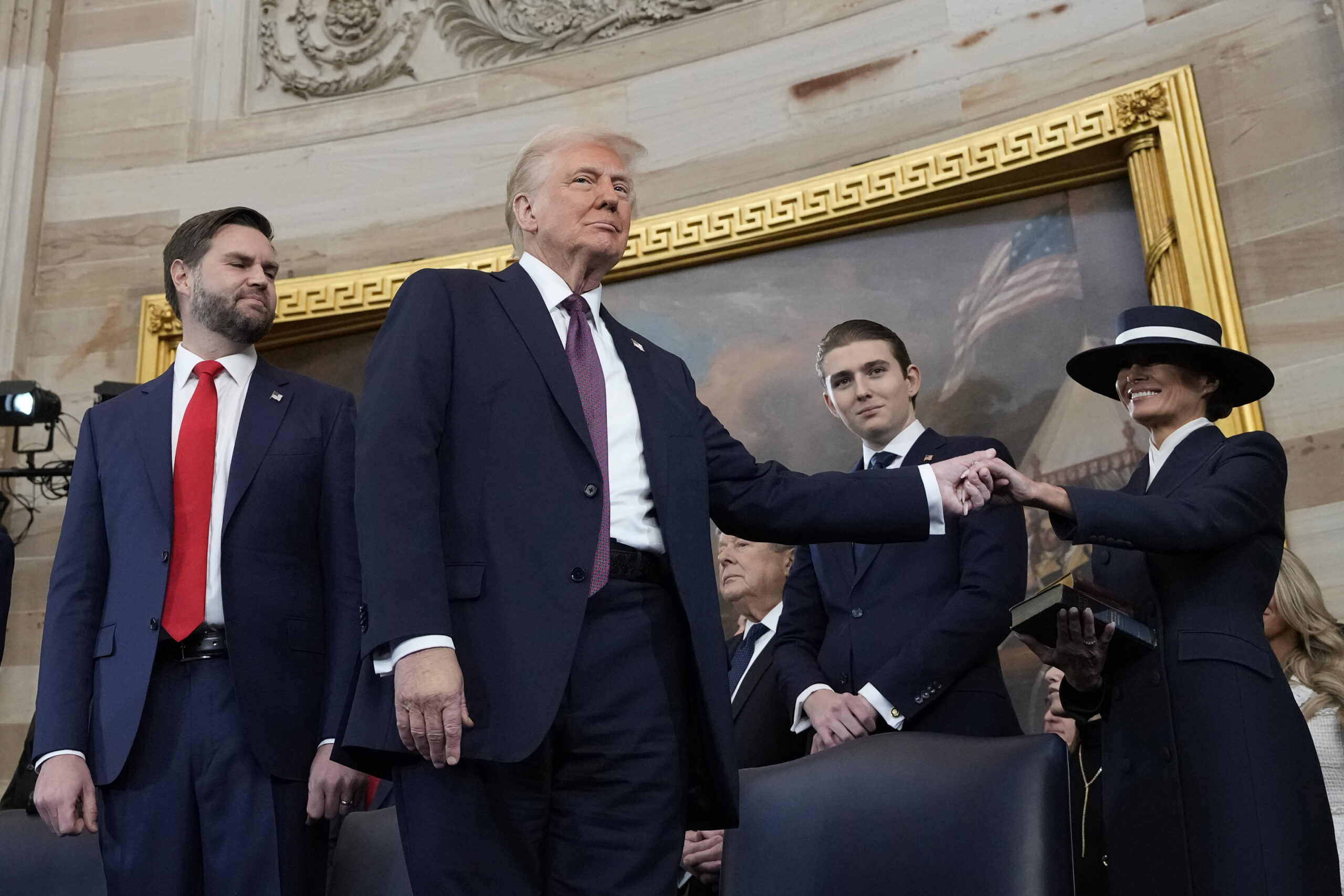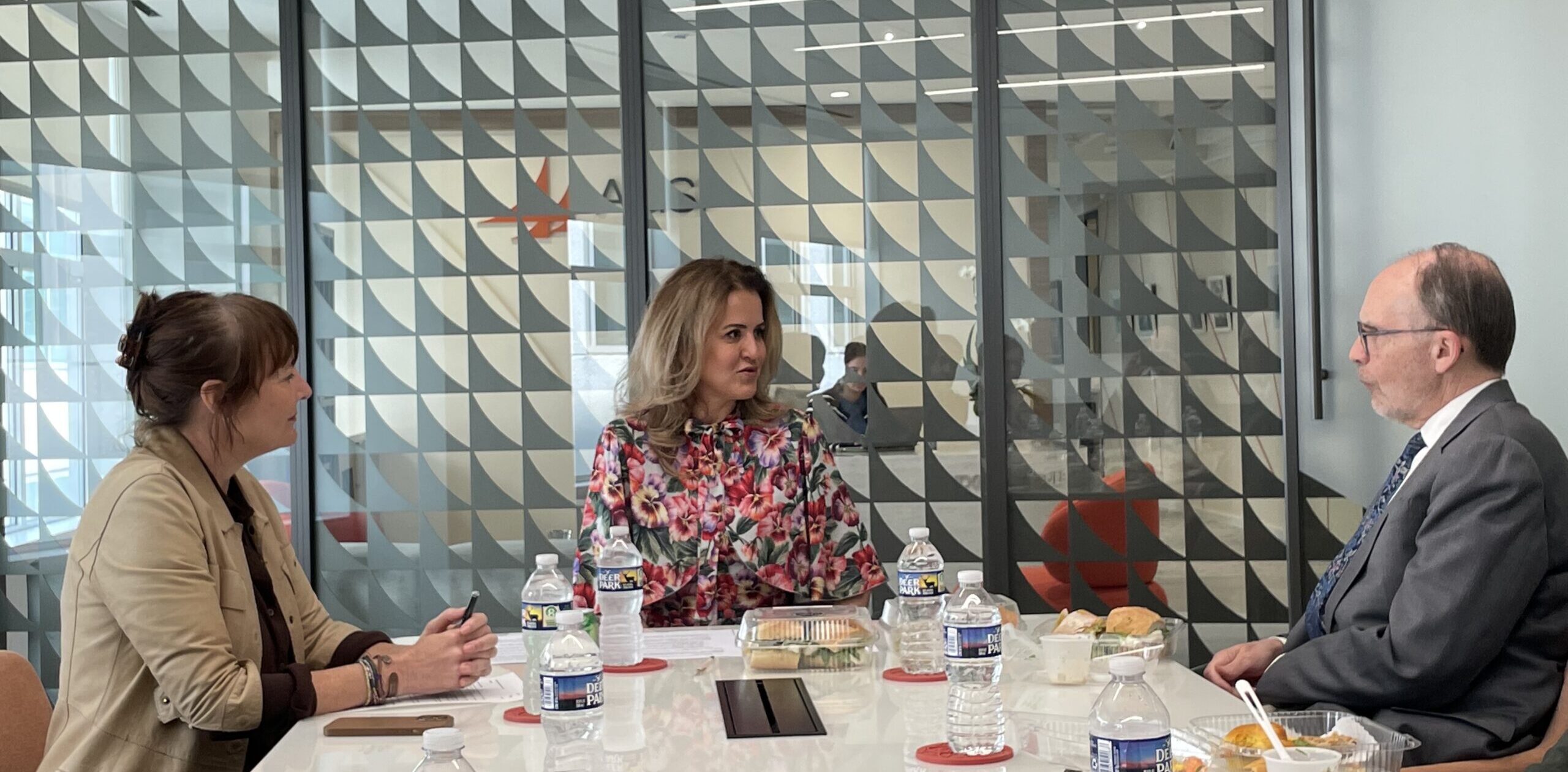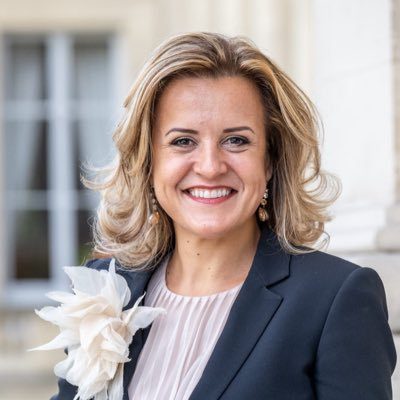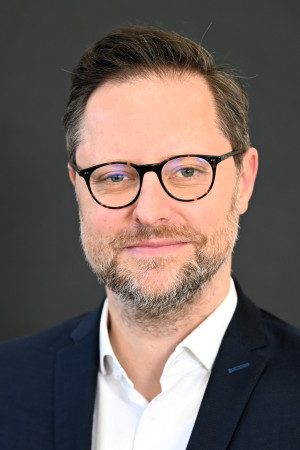Populism on the Rise in Kuwait as Elections Loom
Under the strain of the coronavirus pandemic and the political imperatives of upcoming elections, populism is raging in Kuwait. It colors public discourse high and low, from elite campaigns to root out corruption to grassroot demands to expel guest workers.
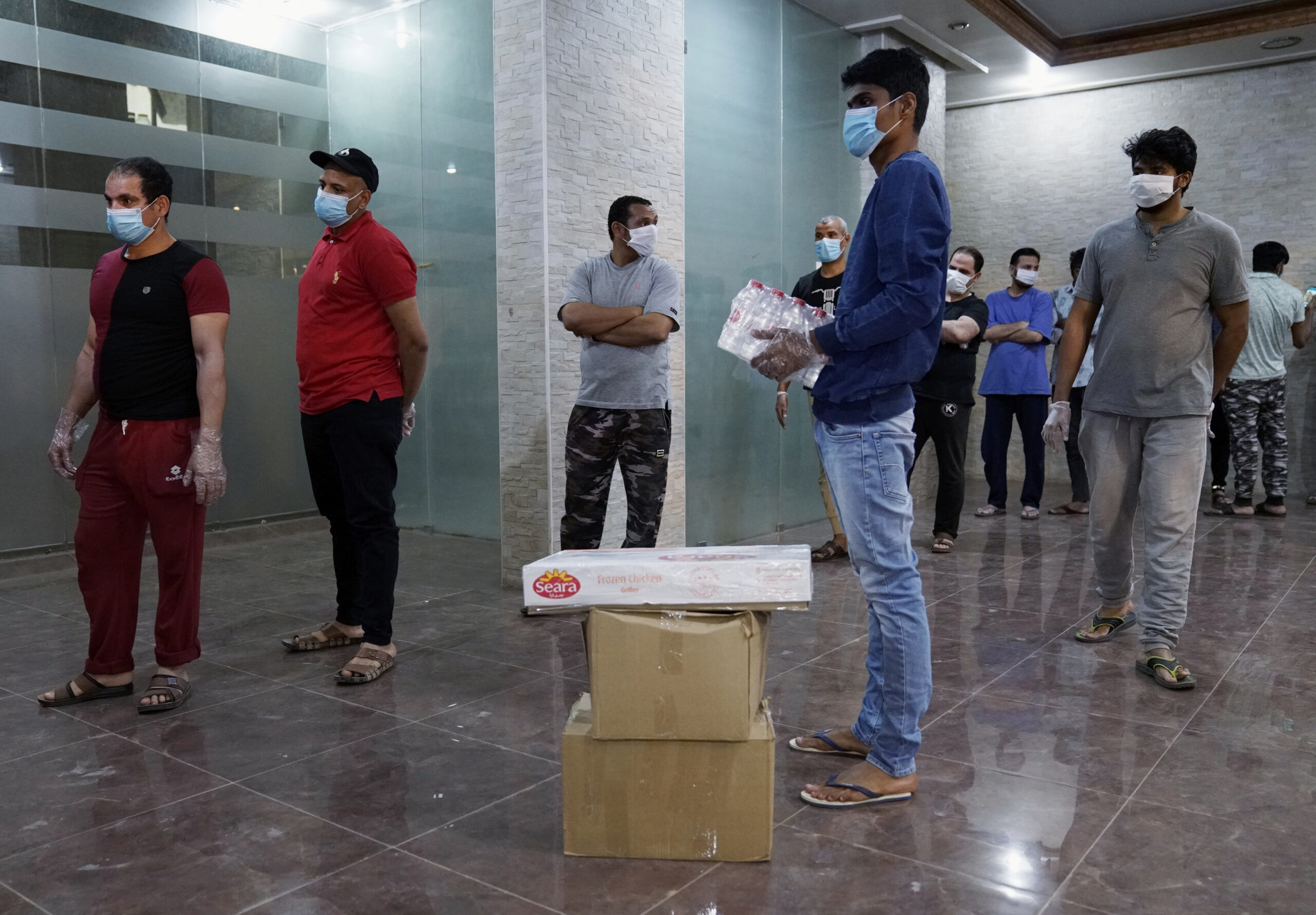
The wealthy oil-exporting states of the Gulf may not seem the most fertile soil for populist movements. Yet, there are clear signs that populism, the natural complement to nationalism, is advancing in ways large and small across the peninsula. As is often the case, it is easiest to discern this political trend in Kuwait, the Gulf country with the most open media and active political scene. As the coronavirus pandemic ravages the economy and candidates prepare for parliamentary elections expected in November, elements of populism are evident in parliamentarians resisting government bailouts for big businesses and in public demands for the expulsion of guest workers. The ruling elite are also courting the public with anti-corruption campaigns that conveniently target political rivals.
Popular Debate Shapes Political Response to the Pandemic
As the Kuwaiti government scrambles to protect the welfare of Kuwait’s citizens and residents in the face of the pandemic, the policy landscape is being shaped by public debate over its response. While the majority of Kuwaitis acknowledge and appreciate the swift and comprehensive measures adopted to mitigate the spread of the deadly coronavirus, the economic toll of these measures and accompanying oil price collapse are dividing the public. A frequent target of public disdain has been elements of the Kuwaiti private sector. Despite the financial toll on businesses, populist politicians have been hypervigilant against efforts to bail out the private sector and prominent business families. Meanwhile, popular campaigns have called out those seen as profiting from the situation at the cost of public safety.
As is the case across the Gulf, the private sector in Kuwait is suffering from measures instituted to mitigate the spread of the virus. Kuwaiti authorities have leaned heavily toward measures protecting public health, effectively shutting down the economy for months. Kuwait is still under mandatory curfews that were first imposed on March 22; from May 10-31, the country was on a complete 24-hour curfew. A business survey conducted by the local Benserri consultancy before the May lockdown found that 43% of those surveyed had suspended or shutdown their business, and a majority stated that they could not meet fixed costs for an additional two months under these restrictive conditions.
Nonetheless, in comparison to neighboring states, government support for the embattled private sector has been tepid. The government is compensating the private sector for six months’ unemployment but only for Kuwaiti employees who represent just 19% of the private sector workforce. Parliamentarians have rejected government plans to allow businesses to institute salary cuts and forced leave, while many in the media, including an aspiring parliamentary candidate, have dismissed out of hand the idea of business bailouts. This lack of goodwill persists despite Kuwaiti businesses rallying behind government efforts to overcome the pandemic by establishing a fund now reaching $50 million in contributions and providing medical aid and logistical support, including placing private hotels, hospitals, and other venues under government control.
Longtime Gulf analyst Michael Herb has argued that Kuwaiti popular indifference to the health of the private sector is a consequence of a sharply segmented labor market, in which more than 80% of Kuwait’s national workforce hold public sector jobs. This “country of bureaucrats” has real political relevance due to Kuwait’s popularly elected Parliament, where politicians work to preserve public benefits, chief among them government employment. This market segmentation also plays out geographically as the foreign workers critical to the functioning of the private sector and broader economy mostly live in neighborhoods segregated from Kuwaitis.
The course of the pandemic through these segregated neighborhoods stoked fear and nativist sentiments. After initially being contained, the spread of the virus accelerated as it took hold in the crowded encampments of unskilled guest workers, facilitating a second wave of infections that impacted many Kuwaiti nationals. The initial ire of the public was directed at budget airlines seen as profiting from the transportation of Egyptian workers into the country in the early days of the pandemic. There were also calls for the prosecution of “visa traders,” influential individuals who profit by bringing workers into the country without clear work authorization, leaving them especially prone to exploitation. Yet this impulse for reform was soon overwhelmed by open resentment of foreign workers themselves.
After cases of the coronavirus spiked in neighborhoods populated by mostly Egyptian guest workers, the government asked all illegal expatriates to voluntarily sign up for deportation, waiving all penalties. These illegal workers were held in detention camps while awaiting repatriation and, after two weeks, resorted to protests due to the difficult living conditions and uncertainty of flights in the midst of the pandemic. This rioting was perceived as an affront by many Kuwaitis. Some took to insulting Egyptians on social media, including a particularly offensive rant by a Kuwaiti social media influencer. Sensing the populist mood, members of parliament escalated the political rhetoric threatening legislation to withhold aid to Egypt until it met Kuwait’s demands and accepted its nationals. A popular media personality and future parliamentary candidate cheered on the Kuwaiti Embassy in Cairo for filing complaints against Egyptians who had returned insults against Kuwait and its people on social media.
The government reaction, while more measured, has catered to this popular anger. As is happening across the Gulf, workers are being deported in record numbers. Ministers are signaling a more permanent shift in the labor market through new pledges to address the demographic imbalance in the country. Oil Minister Khaled al-Fadhel stated that non-Kuwaiti nationals would not be hired in 2020-21 by the Kuwait Petroleum Company and its subsidiaries. In response to members of parliament proposing a quota system for foreign workers, Kuwaiti Prime Minister Sabah al-Khalid al-Sabah has stressed the government’s long-term goal of slashing the expatriate share of the population from 70% to 30%. This goal is dismissed as completely impractical by informed Kuwaiti analysts but, again, is a good indicator of the current populist mood.
Nasser Al-Sabah’s Anti-Corruption Campaign
Populist themes and measures are not just emerging from below; they are also being deployed, strategically, by the Kuwaiti political elite. In November 2019, the emir’s son, Nasser Sabah al-Ahmed al-Sabah, who at that time held the positions of defense minister and deputy prime minister, effectively brought down the government by revealing evidence of embezzlement, which occurred under his predecessor at the Ministry of Defense. This public airing of malfeasance within the ruling family was allegedly not well received by the emir, who left his son out of the ensuing Cabinet reshuffle.
Yet Nasser appears undaunted and has resumed his anti-corruption campaign, this time implicitly targeting the son of former Prime Minister Jaber al-Mubarak al-Sabah for his as yet unproven involvement in the Malaysian 1MDB scandal. Once again, Nasser forced the government’s hand, elevating the case by publicizing his participation in a closed seminar organized by a Washington, DC-based Kuwaiti think tank, Reconnaissance, with U.S. officials including Principal Deputy Assistant Secretary of State for Near Eastern Affairs Joey Hood. Nasser’s aim was “to benefit from the experience of the United States and Malaysia in dealing with the embezzlement of the Malaysian sovereign fund 1MDB in particular and issues of money laundering and corruption in general.” The following week, the Kuwaiti prime minister referred the file on the Malaysian fund to the public prosecutor’s office.
The anti-corruption campaign has received support from nongovernmental organizations within Kuwait, namely the Kuwait Lawyers Society and the Kuwait Association for Protecting Public Funds; Nasser has been honorary president of the latter since its establishment in 1997. The anti-corruption campaign is likely to gain additional momentum from the recent appointment of Abdulaziz Al-Ibrahim as new president of the Kuwait Anti-Corruption Authority. He previously served with Nasser on the board of trustees of the Supreme Council for Planning and Development.
These anti-corruption efforts appear to be popular with the public and thus may be earning Nasser political support at a critical time when elections will determine the composition of a Parliament that could have a say in the next royal succession.
Reflections Across the Gulf
Kuwait stands out for the way these anti-foreigner and anti-corruption themes are allowed to play out in public debate. But these are issues that are clearly at play across the Gulf countries. As Gulf leaders wrestle with younger populations demanding jobs and denouncing corruption – grievances that emerged in the era of the Arab Spring – they are countering with a state-led nationalism. It is perhaps not surprising, then, that the related trend of populism, with its familiar dynamic of blaming foreigners and elites, is accelerating, especially under the more trying economic and political conditions ushered in by the global pandemic.
The views represented herein are the author's or speaker's own and do not necessarily reflect the views of AGSI, its staff, or its board of directors.

